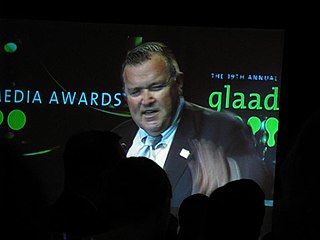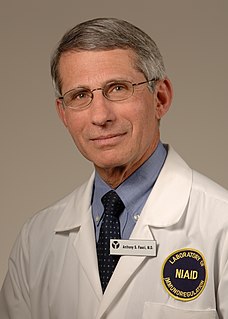A Quote by Michael Specter
I have covered wars, before the epidemic began and since. They are all ugly and painful and unjust, but for me, nothing has matched the dread I felt while walking through the Castro, the Village, or Dupont Circle at the height of the AIDS epidemic.
Related Quotes
The AIDS disease is caused by a virus, but the AIDS epidemic is not. The AIDS epidemic is fueled by stigma, by hate, by misinformation, by ignorance, by indifference. Science has accomplished miracles over the past 20 years, and science can now end this disease - but it cannot end the epidemic. We need more than medicine. We can do something about these things. We need to speak out about the changes we need to make in our society.
We're all going to go crazy, living this epidemic [AIDS] every minute, while the rest of the world goes on out there, all around us, as if nothing is happening, going on with their own lives and not knowing what it's like, what we're going through. We're living through war, but where they're living it's peacetime, and we're all in the same country.
Drug warriors' staunch opposition to needle exchanges to prevent the spread of HIV in addicts delayed the programs' widespread introduction in most states for years. A federal ban on funding for these programs wasn't lifted until 2009. Contrast this with what happened in the U.K. At the peak of the AIDS epidemic in the mid-1990s, the HIV infection rate in IV drug users in the U.K. was about 1%. In New York City, the American epicenter, that figure was 50%. The British had introduced widespread needle exchange in 1986. That country had no heterosexual AIDS epidemic.
































